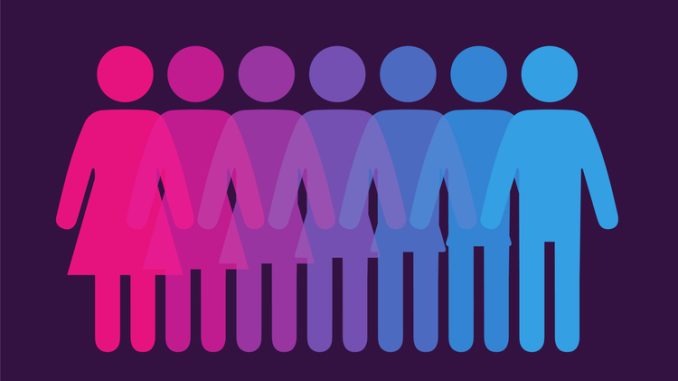
The ongoing debate over the use of puberty blockers in young people has sparked discussions about the need for clinical trials to assess their benefits and risks
CREDIT: This is an edited version of an article that originally appeared on The BBC
One of the most sensitive and debated issues in modern medicine is evaluating whether the benefits of puberty blockers outweigh their potential risks. Scientifically known as gonadotropin-releasing hormone (GnRH) analogues, these medications act on the brain to halt the surge of sex hormones – oestrogen and testosterone – associated with puberty.
Over the past decade, referrals to the Gender and Identity Development Service (GIDS) have risen sharply, with the largest increase among individuals assigned female at birth. Health Secretary Wes Streeting has pledged to “set up a clinical trial” to gather evidence on puberty blockers. But what would such a trial entail, and what outcomes might it yield?
What a Trial Might Look Like
Recruitment for the trial is now expected to begin in 2025, several months later than initially planned. Young participants will likely be referred following a comprehensive evaluation by specialist clinicians. Many details remain undecided, including the number of participants. The central question to be analysed remains: do puberty blockers and their effects ultimately benefit young people?
Reviews and Reports
Identity services have faced extensive scrutiny in recent years. In March 2024, NHS England halted the routine prescribing of puberty blockers for individuals under 18 as part of a broader reform of children’s gender identity services. The following month, Dr. Hilary Cass, former president of the Royal College of Paediatrics and Child Health, released the final report of her review into these services. The report criticised the “field of gender care” for lacking a cautious and measured approach.
The NHS adult gender services currently maintain data on 9,000 young people transitioning from youth services. Some advocate for scrutinising this data before proceeding with any clinical trial, as it could offer valuable insights into the potential risks associated with puberty blockers.
Ethical Considerations
The necessity and ethics of a clinical trial remain highly debated. The World Professional Association of Transgender Health (WPATH) has raised concerns that such a trial could become the sole pathway to accessing care that is “evidence-based, widely acknowledged as medically necessary, and frequently described as lifesaving.”
However, other clinicians argue that there is no strong evidence to support the idea that puberty blockers improve mental health. Whatever form the trial ultimately takes, it will undoubtedly face intense scrutiny. The debate over its merits and what it can reveal will be heated, as many scientists worldwide are closely monitoring developments in the UK.


Be the first to comment